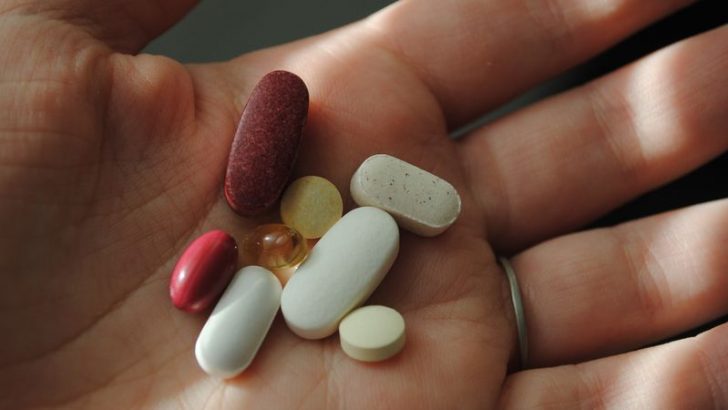Gut health is foundational to overall well-being. A balanced gut supports digestion, boosts the immune system, and can even enhance mood. These tips are designed to help you nurture a healthy and thriving gut. From dietary changes to lifestyle adjustments, each suggestion offers a unique way to support your gut microbiome.
1. Eat More Fiber
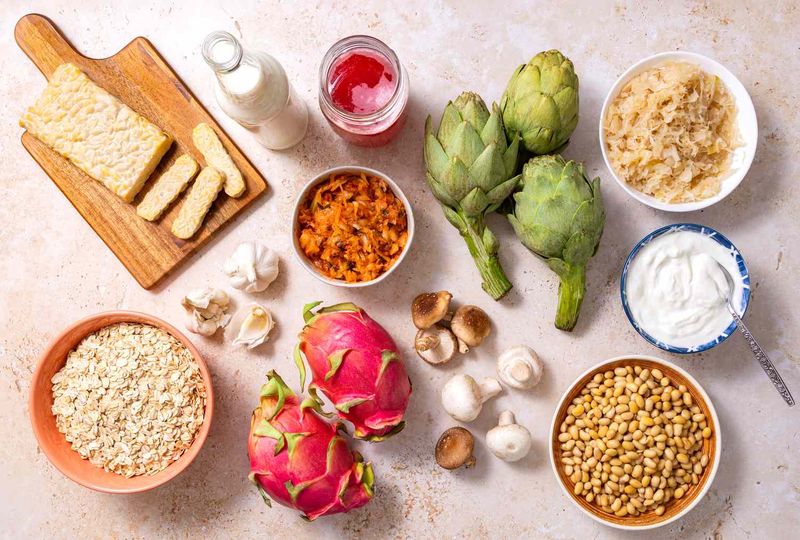
Fiber is essential for a healthy gut. It acts like a broom, sweeping through the intestines and promoting regularity. Whole grains, fruits, and vegetables are excellent sources of fiber. Including a variety of these foods in your diet can help diversify the bacteria in your gut, leading to improved digestion.
Additionally, fiber can help control blood sugar levels and reduce cholesterol. Start your day with a high-fiber breakfast cereal or add beans to your lunch salad. The benefits of fiber extend beyond gut health to overall wellness.
2. Incorporate Fermented Foods
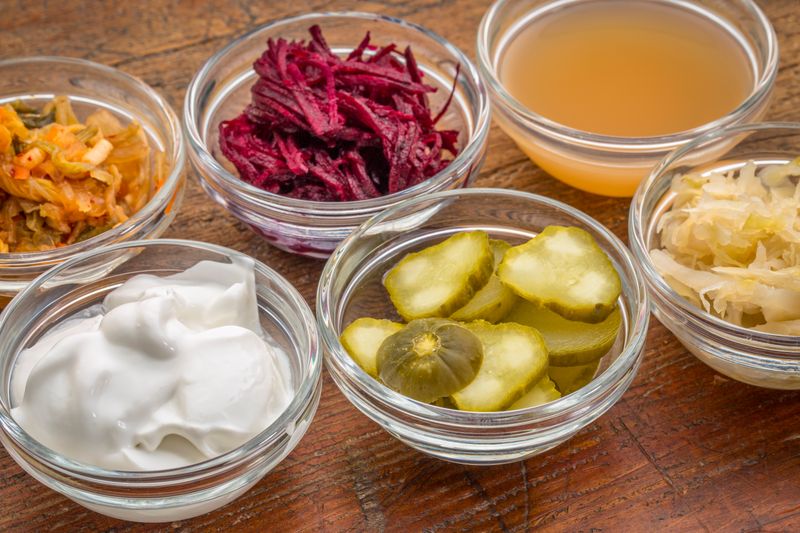
Fermented foods are like a party for your gut. They introduce beneficial bacteria, known as probiotics, which help balance the gut flora. Eating foods like yogurt, kimchi, and sauerkraut can enhance your gut’s health.
These foods not only add a zing to your meals but also boost your immune system. Fermented foods have been enjoyed for centuries and are known for their unique taste and health benefits. Try adding a small portion to your meals for a boost of good bacteria.
3. Stay Hydrated

Water is crucial for digestion. Staying hydrated ensures that your digestive system functions smoothly, helping to break down food and absorb nutrients efficiently.
Drinking water also aids in the elimination of waste and toxins. Aim to drink at least eight glasses of water a day. Adding a slice of lemon can improve the taste and provide additional vitamin C. Remember, every cell in your body relies on water to function properly.
4. Reduce Stress

Stress can wreak havoc on your gut. It can alter the gut bacteria and lead to digestive issues. Practicing stress-reduction techniques like yoga, meditation, or deep breathing can promote gut health.
By managing stress, you create a harmonious environment for your gut bacteria to thrive. Not only does this improve digestion, but it also enhances mental clarity and overall well-being. Consider setting aside time each day for relaxation to support your gut and mind.
5. Limit Sugar Intake
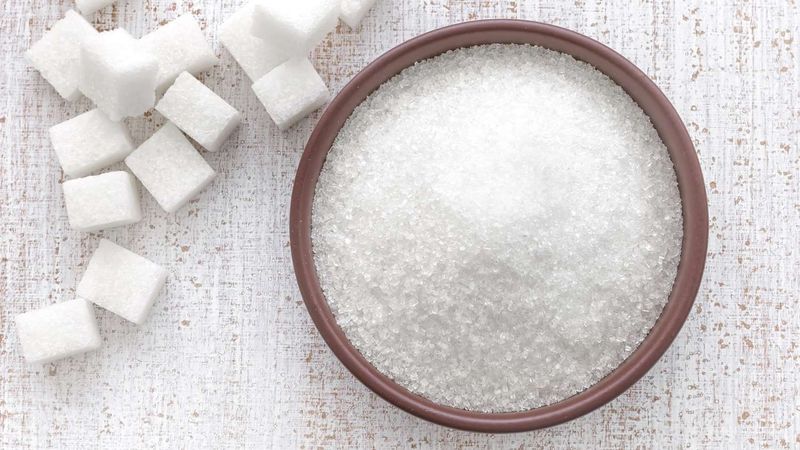
Sugar can be detrimental to gut health. It feeds harmful bacteria and yeast, which can disrupt the natural balance of your gut flora. By limiting sugar, you can foster a healthier environment for beneficial bacteria.
Opt for natural sweeteners like honey or stevia when needed. Reducing sugar can also lead to clearer skin and increased energy levels. It’s a small change with significant impacts on your gut health and overall vitality.
6. Chew Your Food Thoroughly

Chewing is the first step in digestion. It breaks down food into smaller pieces, making it easier for your stomach and intestines to process. Taking time to thoroughly chew each bite can improve nutrient absorption.
When you chew properly, you also produce more saliva, which contains enzymes that aid in digestion. Eating slowly and mindfully allows you to savor your meals while supporting your digestive health.
7. Get Enough Sleep

Adequate sleep is vital for gut health. During sleep, your body repairs itself, including the gut lining. Lack of sleep can disrupt your gut microbiome, leading to digestive issues.
Aim for 7-9 hours of quality sleep each night. Establishing a bedtime routine can help improve sleep quality. By prioritizing rest, you support both your gut health and overall well-being.
8. Exercise Regularly

Physical activity is beneficial for gut health. Exercise increases gut motility, helping food move through the digestive system efficiently. It also aids in maintaining a healthy weight, which is linked to gut flora balance.
Engaging in regular exercise can lead to more diverse gut bacteria and improved digestion. Whether it’s a brisk walk, yoga, or a gym session, movement is key to a healthy gut.
9. Avoid Antibiotics When Possible
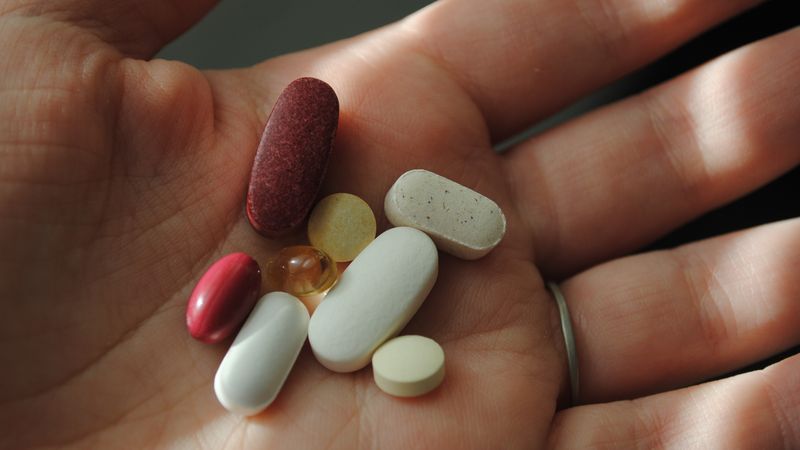
Antibiotics can disrupt the gut microbiome by killing both bad and good bacteria. While sometimes necessary, overuse can lead to resistance and gut imbalance.
Discuss alternatives with your doctor and only use antibiotics when essential. Protecting your gut microbiome is crucial for long-term health, and avoiding unnecessary antibiotics is a step in the right direction.
10. Try Probiotic Supplements
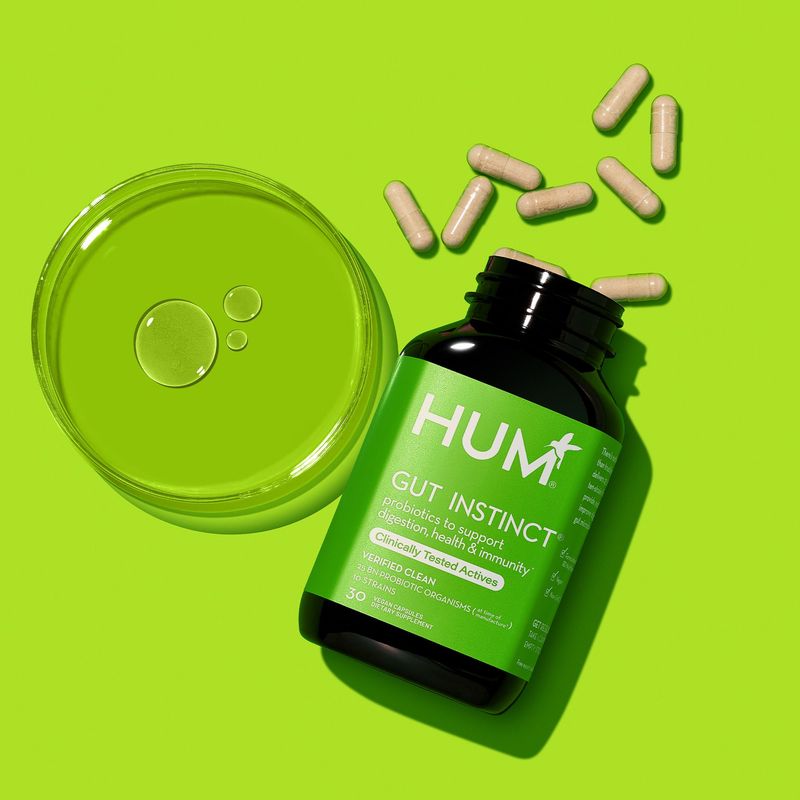
Probiotic supplements can be a helpful addition to your diet. They introduce beneficial bacteria into your gut, supporting a balanced microbiome. Probiotics can improve digestion, boost immunity, and even enhance mood.
Consult with a healthcare provider to choose the right supplement for your needs. Incorporating probiotics into your daily routine can pave the way for a healthier gut.
11. Include Prebiotic Foods
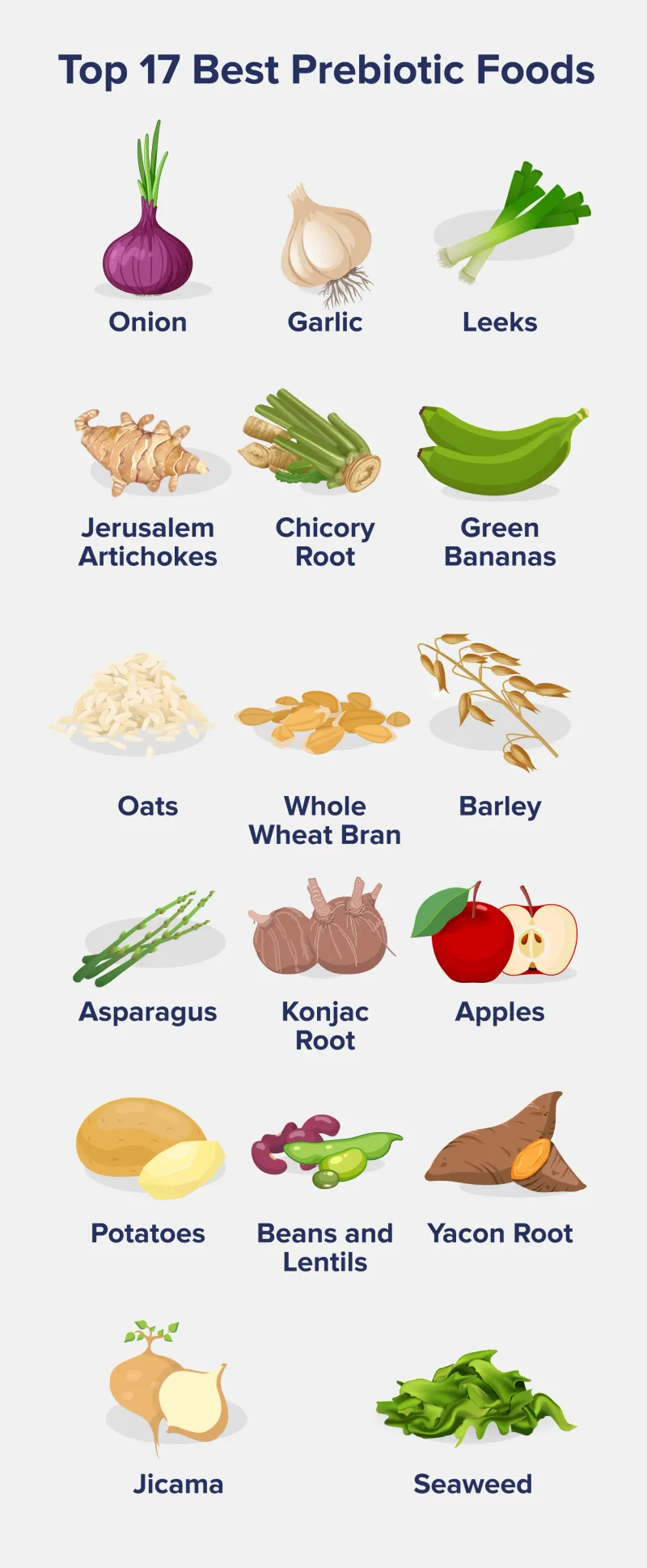
Prebiotic foods feed the good bacteria in your gut. They are rich in fibers and compounds that promote a healthy microbiome. Foods like bananas, onions, and garlic are excellent prebiotics.
Adding these foods to your meals can support gut health and improve digestion. Prebiotics work hand-in-hand with probiotics to maintain a balanced gut environment.
12. Avoid Artificial Sweeteners

Artificial sweeteners can negatively impact gut health. They may alter the gut flora and lead to digestive discomfort. Opt for natural sweeteners like honey or stevia instead.
By avoiding artificial sweeteners, you support a healthier gut environment and reduce the risk of metabolic issues. Making this switch can enhance your overall digestive health.
13. Eat Mindfully

Mindful eating can significantly benefit your gut. It involves paying attention to your food, savoring each bite, and listening to your body’s hunger cues. This practice can improve digestion and prevent overeating.
By eating mindfully, you foster a healthy relationship with food and support your gut’s needs. It’s about engaging all your senses and enjoying your meals fully.
14. Experiment with Herbal Teas

Herbal teas can soothe your digestive system. Teas like peppermint, ginger, and chamomile have been known to aid digestion and relieve discomfort.
These teas are not only calming but also support gut health. Incorporating a cup of herbal tea into your daily routine can be a gentle way to support digestion. Explore different flavors to find your perfect match.

Well, hello there!
My name is Jennifer. Besides being an orthodontist, I am a mother to 3 playful boys. In this motherhood journey, I can say I will never know everything. That’s why I always strive to read a lot, and that’s why I started writing about all the smithereens I came across so that you can have everything in one place! Enjoy and stay positive; you’ve got this!

